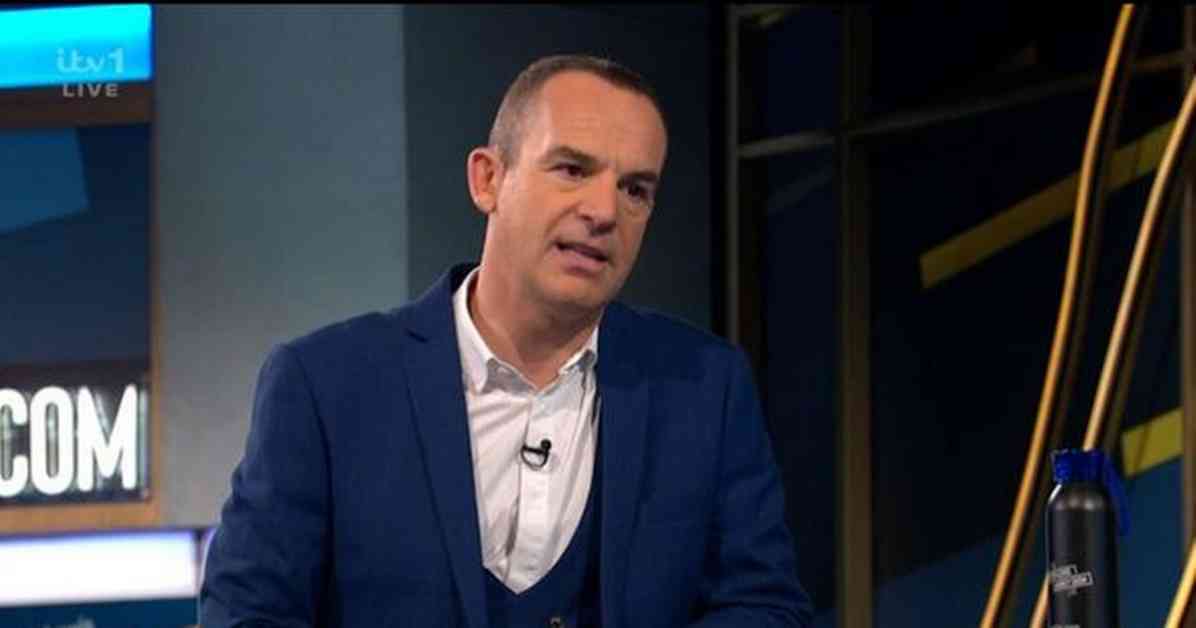Martin Lewis, a renowned money-saving expert, recently shared valuable advice on how to clear credit card debt during his ITV1 and ITVX Money Show Live. One of his unconventional tips involved using a freezer to prevent overspending on a 0 percent interest credit card obtained through a balance transfer. While this may seem unusual, Martin explains that it can be an effective way to avoid temptation and focus on paying off debts.
In addition to the freezer method, Martin also emphasised the importance of using eligibility calculators to find suitable 0 percent credit cards for balance transfers. By consolidating multiple high-interest debts onto a single 0 percent card, individuals can create a manageable repayment plan. However, Martin warns against spending or withdrawing cash on these cards, as it can void the 0 percent offer and lead to further debt accumulation.
Moreover, Martin highlighted the significance of making minimum payments and clearing the entire balance before the 0 percent offer expires. He advised viewers to prioritise paying off debts with the highest interest rates first, such as overdrafts, and to allocate any spare cash towards these payments. This debt repayment strategy, known as snowballing, can help individuals eliminate debts more efficiently and regain financial stability.
Furthermore, Martin encouraged viewers to be transparent about their financial struggles and seek support from others if needed. By openly discussing debt and financial challenges, individuals can alleviate the pressure to overspend and make informed decisions about their finances. Additionally, Martin recommended using savings to pay off debts, as this can lead to long-term savings on interest payments.
Overall, Martin Lewis’ expert advice offers practical solutions for individuals looking to clear credit card debt and improve their financial well-being. By following his guidance on balance transfers, minimum payments, and debt prioritisation, viewers can take proactive steps towards becoming debt-free and achieving financial freedom. Remember, managing debt requires discipline, planning, and a willingness to make necessary sacrifices for long-term financial stability.












